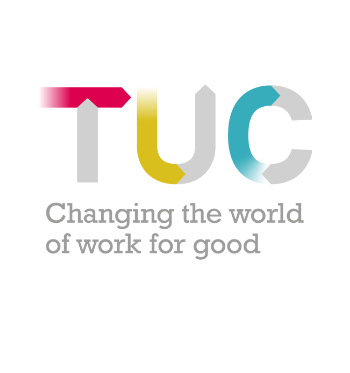Improving lives or a damp squib?

The consultation also asked how we could address the huge problems that workers have in accessing any kind of rehabilitation if they are ill given the long waiting lists for anyone suffering from an injury or illness like back pain or depression.
The consultation paper had chapters with headings like “supporting employers to recruit with confidence and create healthy workplaces” and “supporting employment through health and high quality care for all”.
Now, over a year later, the Government have published the follow up paper which outlines what it is going to do. Called “Improving Lives: The future of work, health and Disability”, the response claims to be the vision for a ten-year programme of reform, the actions the Government have taken since the Green Paper and the immediate next steps. But instead it is a rehash of existing policies, a few general promises and virtually no practical concrete proposals.
Much of the paper deals with issues around support for the disabled and those on welfare. I will not go into these sections in any detail beyond saying that the proposals will do nothing to stop the dreadful experiences disabled people have when assessed for support or work capability.
On occupational health provision there is nothing new. Instead there is just a statement that they want to be in a position to set out a clear direction and strategy by 2019/20, and an ‘Expert Working Group on Occupational Health’ has been appointed to champion, shape and drive a programme of work to take an in-depth look at the sector. In other words, despite having had a year to consider the original Green Paper and the responses, the Government still has not got a clue what to do on Occupational Health Provision
Meanwhile the Government’s last big idea, the Fit for Work Service, which they hoped would help employers to access services when a person was ill for over a month, is to close after less than three years of operation. This is hardly surprising given how little was done to promote and support the service.
The Government response also claims that it recognises the dangers of presenteeism (people coming to work when they are ill) but, rather than do anything about it, says that the issue “must be balanced by our desire to ensure individuals remain in contact with the labour market”. Which seems to be code for “we must keep people coming in when they are ill”.
Despite the claim that prevention is a priority, there are no new proposals on preventing people becoming ill through work. Instead we have a mention of the role of the HSE on dealing with stress through the Stress Management Standards. Yet everything it says that it is going to do is already part of the HSE’s work programme. So once again we have nothing at all new on stopping people becoming ill through work.
The paper does have a section on improving access to rehabilitation and support but, once again, there is little practical here beyond increasing access to Psychological Therapies and a promise to look further at issues such as musculoskeletal disorders. I couldn’t even find a reference to “Mental Health First Aid” which the Government had announced would be being brought forward in legislation in last year’s budget.
Clearly the response is, to say the least, very disappointing, and does not really address any of the practical problems around occupational health provision or access to rehabilitation.
That is because the actual way to improve lives is one that they simply will not contemplate. To stop work making people ill we need better, safer jobs that give us good working conditions, decent pay, security and respect. Also, when we get ill we need access to good quality healthcare and support to get us back to work.
This “10 year vision” does nothing to help prevent the 27 million sick days that people have to take because their work makes them ill, or help them get better once they are ill.
The TUC vision of improving lives can be found in our Great Jobs Agenda.
Stay Updated
Want to hear about our latest news and blogs?
Sign up now to get it straight to your inbox

